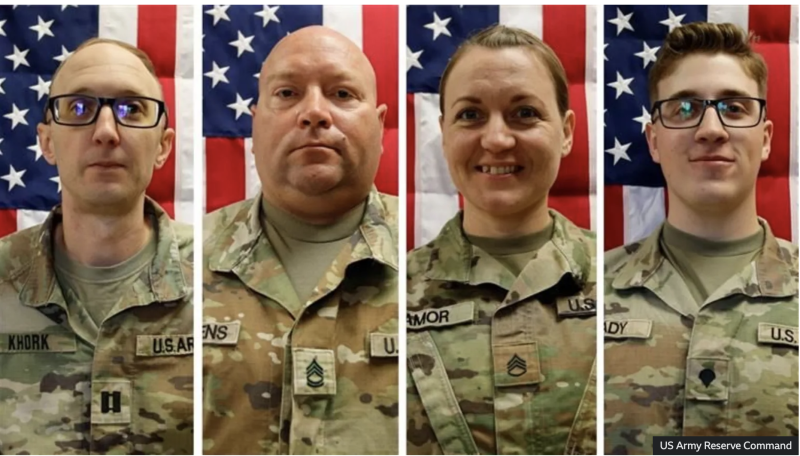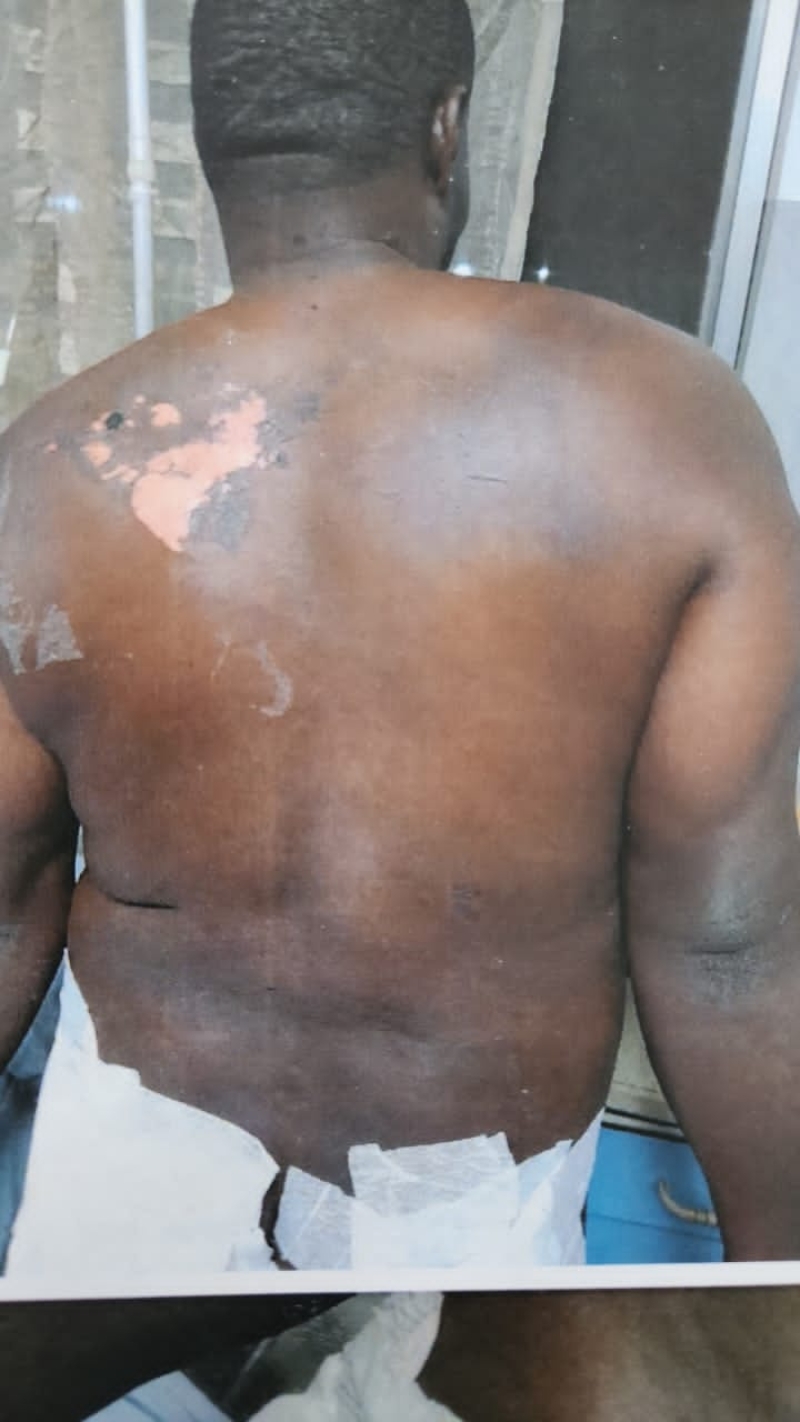Residents of Lwengo District are grappling with a severe water crisis, exacerbated by the district's inability to provide clean and accessible water due to financial constraints. The situation has forced locals to take matters into their own hands to improve their environment and secure water sources.
The water crisis in Lwengo is attributed to the district's geographical location, which lies in a dry corridor characterized by arid conditions. This has made it difficult for residents to access clean water, especially during dry seasons. The only relief comes during the rainy season, but even then, the water collected in makeshift reservoirs often dries up quickly, leaving residents stranded.
The lack of reliable water sources has compelled residents to embark on initiatives to clean and maintain local streams and rivers. Today, residents in Lwengo Rural Sub county launched a community driven effort to restore a stream that has been a lifeline for the community since the 1980s. However, over the years, the stream has become heavily silted, rendering it almost unusable.
Residents expressed their frustration, stating that the stream, which was once their primary source of water, has become a symbol of lost hope. They lamented that despite their efforts, the lack of government intervention has left them struggling to access clean water.
Kayondo Godfrey, the local council chairperson of Kyawagonya Village, rallied residents to participate in the cleanup exercise. He emphasized the urgent need to desilt the stream to restore its functionality and provide relief to the community. Kayondo also highlighted the dire state of water access in the area, calling for immediate action to address the crisis.
Kizito Lawrence, the chairperson of Lwengo Rural Sub county, acknowledged the government's efforts to extend water services to the area. However, he noted that the National Water and Sewerage Corporation (NWSC) has not been able to fully implement water projects due to financial and logistical challenges. Kizito appealed to the government to increase funding for water projects in the district to alleviate the suffering of residents.
Despite these efforts, some residents accused local leaders of mismanaging funds meant for water projects, further exacerbating the crisis. They called for transparency and accountability in the allocation and use of resources to ensure that water projects are effectively implemented.
Ibrahim Kitatta, the Lwengo District Chairperson, explained that the NWSC is the only entity with the capacity to address the water crisis in the district. However, he admitted that the corporation has been unable to extend water services beyond a few kilometers due to financial constraints. Kitatta revealed that the cost of extending water services to the district is estimated at 500 million shillings, a figure that has yet to be secured.
Isaac Ssejoba, the Member of Parliament for Bukoto Mid West, joined the residents in the cleanup exercise and pledged to support efforts to address the water crisis. He commended the residents for their resilience and urged leaders to prioritize the water needs of the community. Ssejoba also called for collective action to tackle the crisis and ensure that residents have access to clean and safe water.
The water crisis in Lwengo District highlights the urgent need for government intervention and community driven initiatives to address the challenges faced by residents. As the community continues to rally together, there is hope that their efforts will yield positive results and bring relief to the district.












